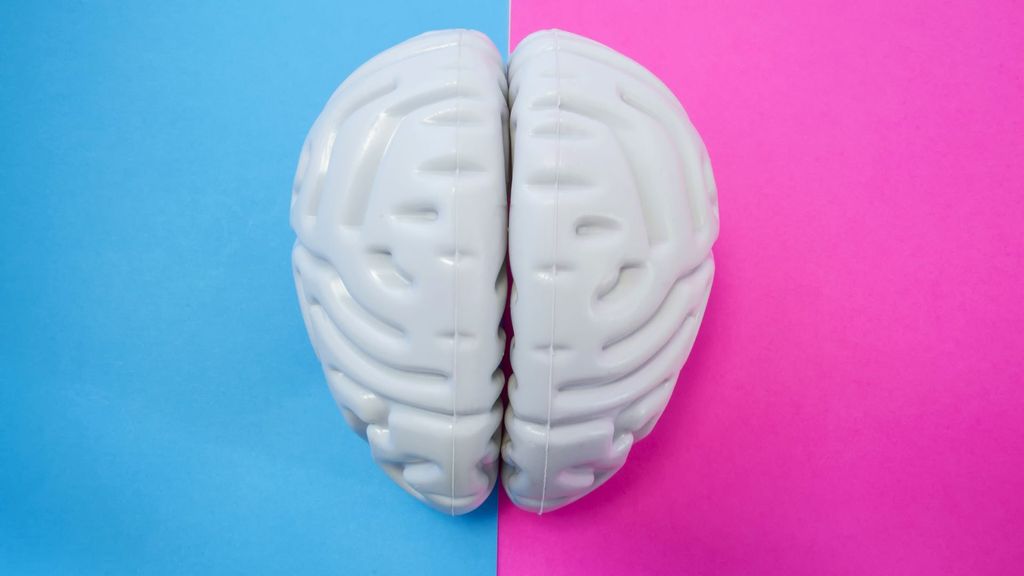

People believe that they are immune to adversity, such as road accidents (Rutter et al., 1998), divorce (Lin & Raghubir, 2005), or substance abuse (Nezlek & Zebrowski, 2001), while others are not. Over four decades, studies have demonstrated that unrealistic optimism is a robust and widespread phenomenon. UNREALISTIC OPTIMISM AND ITS POSITIVE IMPACT ON WELL-BEING Thus, for this reason, the adjective “unrealistic” used in Weinstein's definition does not refer to objectively grounded reasons making someone feel less threatened by future negative events, but to unrealistic comparisons in which many individuals processing such comparisons are delusional about such future threatening events. This perception becomes unrealistic if most of her/his colleagues hold the same perception in which every single person would expect lower chances of heart failure than others in the class. Of course, from the point of view of a specific person, it is possible that a specific student might live an extraordinarily healthy life (exercise and diet), often undergoing medical screenings, making her/him less exposed to heart failure in comparison to other students. For example, on the one hand, a student holding an unrealistic optimism bias might expect serious heart failure before becoming 40 years old on the other hand, this person may expect other colleagues from the university to be even more exposed to this danger making it more probable for them. It suggests therefore that unrealistic optimism should not be treated as a personality trait.Īnother difference is that, while optimism generally means a positive outlook on one's personal life (e.g., Carver et al., 2010 Gallagher et al., 2013), unrealistic optimism has a solely comparative character. It seems that the most important borderline point is that research shows that people may be unrealistically optimistic about certain potential situations in the future and not optimistic (or even pessimistic) about others (e.g., Hilton et al., 2011 Shepperd et al., 1996).

Importantly, a careful reader might raise a question about the general distinction of optimism and unrealistic optimism. This distortion is defined by Weinstein-creator of this concept-as “unrealistic optimism” where “negative events are less likely to happen to them than to others, and positive events are more likely to happen to them than to others” (Weinstein, 1980, p. This evolutionary preference continues to exist in the case of social comparisons, privileging the person making them, framing the future in a more flattering way. From an evolutionary perspective, early humans favored positive biases in order to deal with an environment that was difficult to predict as optimism provides greater benefits and fewer costs than pessimism (Haselton & Nettle, 2006 Jefferson et al., 2017). Throughout human history, the world has been viewed as unpredictable.

These results can be applied to strategies for written and video communications that can be used by governments and public health agencies as best practices concerning not only COVID-19 but also any subsequent public health threat while promoting proactive, optimal, and healthy functioning of the individual. The third experiment, which included both articles and videos, replicated these results. Ostensibly, daily newspaper articles describing other people diligently following medical recommendations (experiment 1) and videos showing people who did not follow these recommendations (experiment 2) reduced unrealistic optimism. A between-subject factor was created by manipulation. Three experiments were run in a mixed-design on 1831 participants to eliminate unrealistic optimism (measured by two items-probability of COVID-19 infection for oneself and for others within-subjects) toward the probability of COVID-19 infection via articles/videos. By reducing fear, this bias boosts one's well-being however, it is also a deterrent to one's health. Unrealistic optimism is the tendency to perceive oneself as safer than others in situations that equally threaten everybody.


 0 kommentar(er)
0 kommentar(er)
